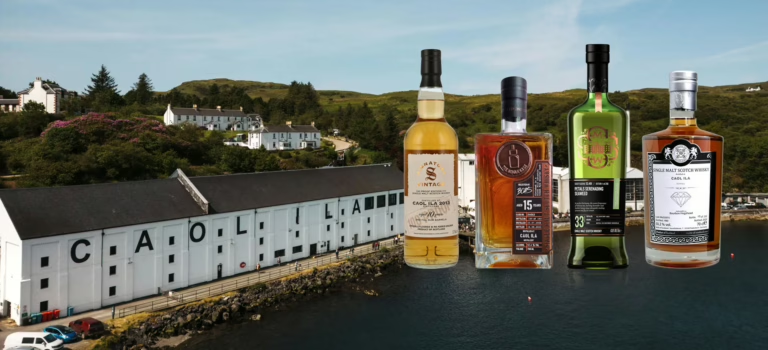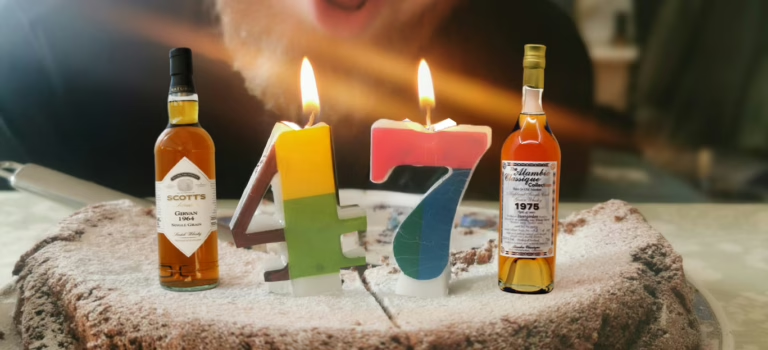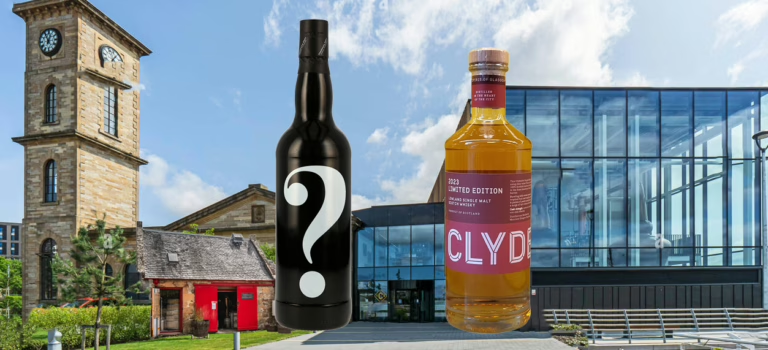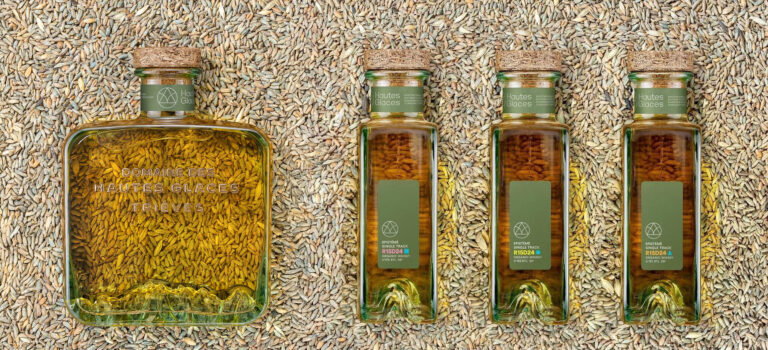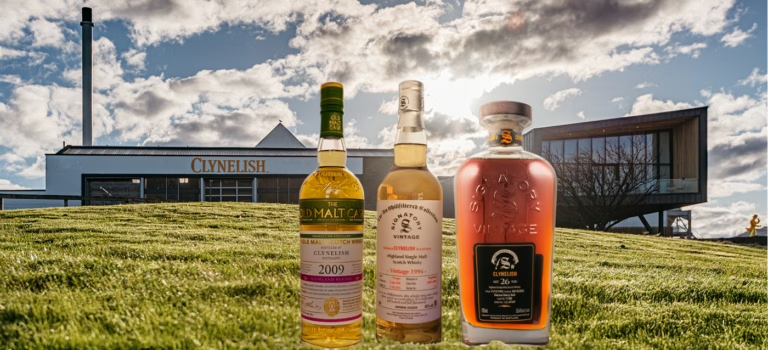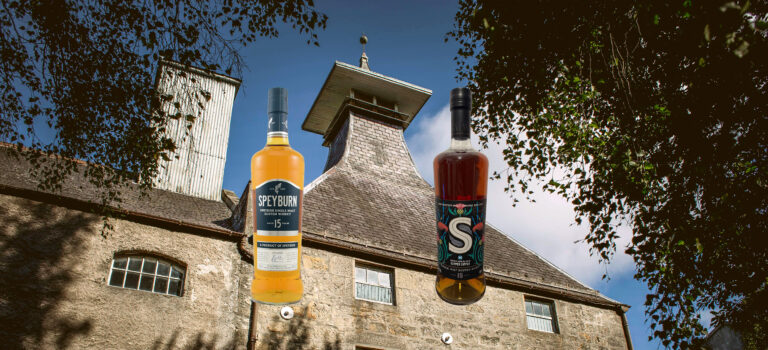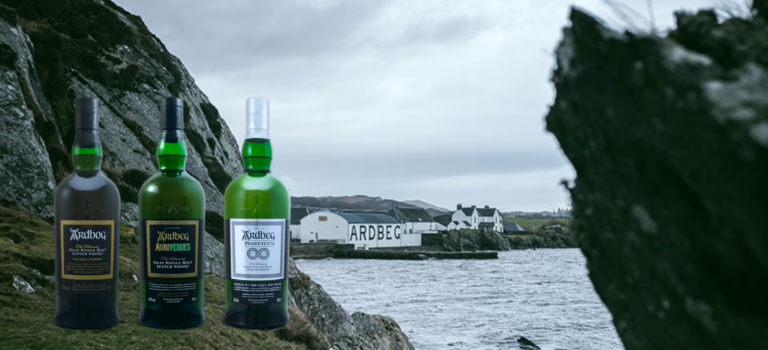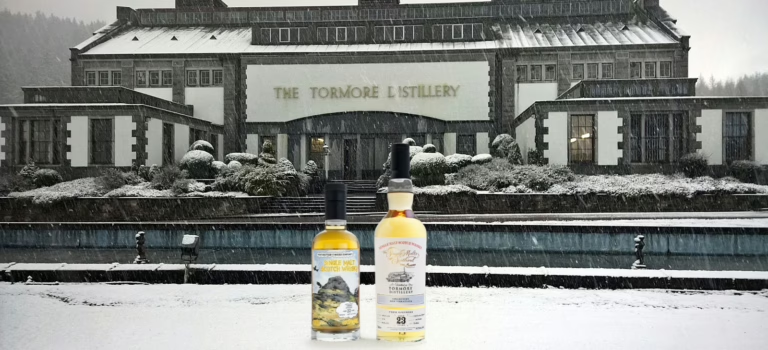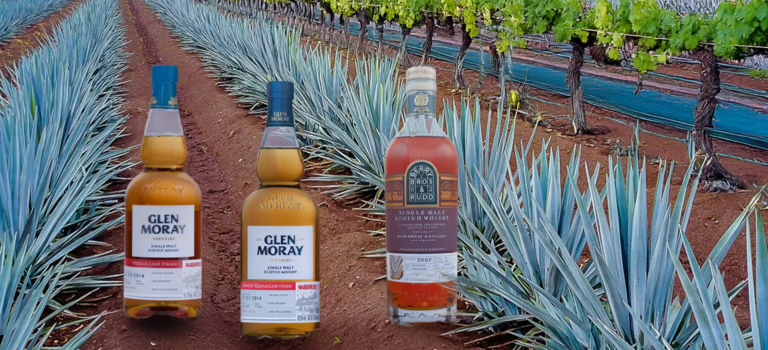We move on to four more Caol Ila, ranging from 10 to 40 years old – partly because there’s no good reason not to, and partly because Caol Ila is hard to resist. After last week’s birthday, marked with two 47‑year‑old single grains that I reviewed on Monday, it feels only natural to keep the celebration going with a line‑up of both youthful and venerable Caol Ila.
Read more